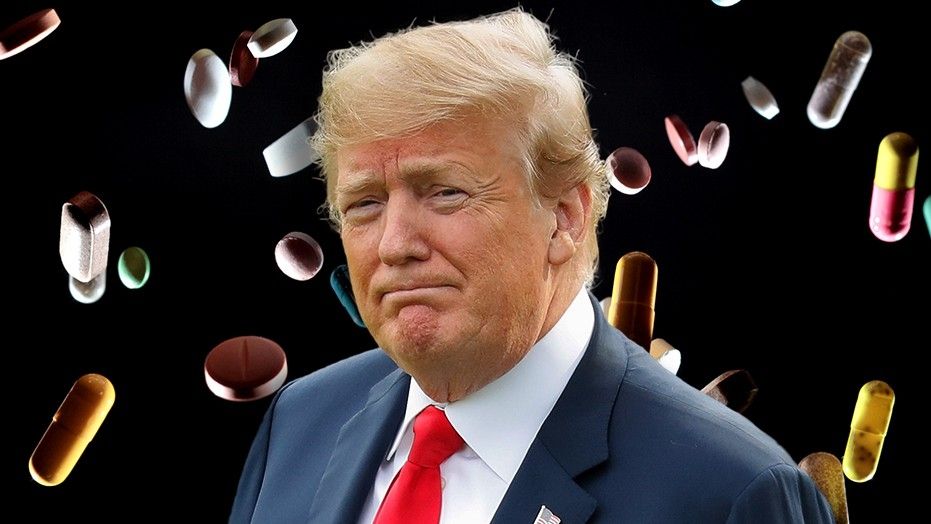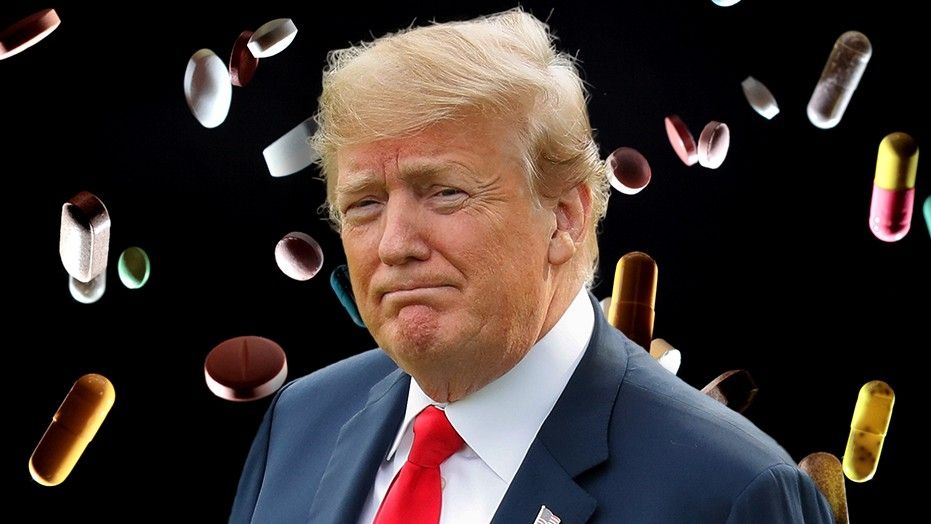[ad_1]

The Journal of the American Medical Association ties pill poppers to Trump supporters. Not so fast, one prominent doctor says.
The Journal of the American Medical Association published a study attempting to tie Trump supporters to drug addicts, but the famed doctor called it “misleading” and said that headlines aside, it “offers no proof of a connection.”
The peer-reviewed journal, also known as JAMA, indicated that it wanted to explore the overlap between Trump voters and opioid use. The result is a “cross-sectional analysis of a national sample of Medicare claims data” that points to “chronic use of prescription opioid drugs” coinciding with people who supported President Trump’s 2016 White House run.
“Individual and county-level socioeconomic measures explained much of the association between the presidential vote and opioid use,” the study concluded.
Some left-leaning publications were quick to pick up the study, resulting in headlines like this one in Newsweek: “Trump supporters linked to counties with higher opioid usage, a new study says.”
NPR wrote, “Analysis finds geographic overlap in opioid use and Trump support in 2016,” while the ultraliberal Mother Jones went with “New research finds a link between Trump voters and opioid use.” And New York magazine pointed out that “places with high opioid use favored Trump.”
The news was even picked up overseas; the Independent wrote, “Trump election support highest in areas with highest rates of opioid painkiller use, study reveals.”
Despite headlines to the contrary, New York University Langone Medical Center professor and Fox News contributor Dr. Marc Siegel doesn’t agree that there’s proof of a connection between avid opioid users and Trump voters.
“There is no evidence whatsoever that these factors caused voters to go for Trump.”
“For one thing, the opioid users are from 2015, and only Medicare patients,” Siegel told Fox News. “For another thing, the voting shift in counties that didn’t vote for [Mitt] Romney and now voted for Trump, even if these voters tended to be in poorer health and have a higher incidence of substance abuse … there is no evidence whatsoever that these factors caused voters to go for Trump.”
Siegel explained that “one possible explanation” that has nothing to do with opioids may lie with the “unhappiness of unhealthy or socioeconomically challenged patients” in a bad economy — who simply “wanted a change” and voted for Trump over Hillary Clinton.
“These Trump supporters studied tended to come from counties where residents were more likely to suffer from poor health and lack of upward mobility, where even if health and economic status were good, there was a lack of community, making opioid use more likely. And then their feeling of being stuck in life would possibly have made them more likely to vote for the change candidate.”
“The issue was far more one of populist anger leading to a voting trend rather than opioid use, per se.”
The doctor and author said he felt that the study “concludes that the association between opioid use and voting patterns is at least partly explainable but socioeconomic, environmental, legal and cultural factors,” but offers “absolutely no reason whatsoever to connect this with voting for Trump.”
Siegel said “the issue was far more one of populist anger leading to a voting trend rather than opioid use, per se.” And he took issue with the study’s failure to examine prescriber behavior or why opioid users’ individual traits might have pushed them toward the GOP.
“Misleading at best, and certainly offers no proof of a connection,” Siegel concluded.
[ad_2]
Source link

